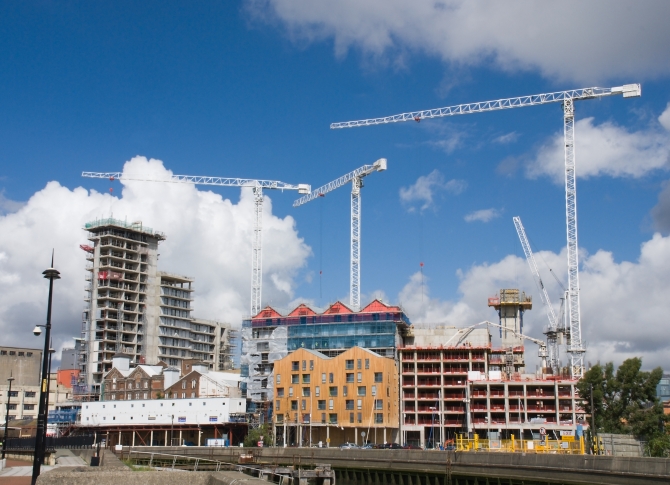Plans unveiled this week by Ipswich Central, a Business Improvement District (BID) established in 2007, aim to safeguard the long-term future of the town centre by ensuring that it has a mixture of property uses.

Ipswich Central’s “Vision” places a great deal of emphasis upon progressing from the retail focused model of the high street and replacing it with a template geared towards accessibility, vibrancy and multi-functionality.
While some aspects of the regeneration will focus upon the waterfront area, Ipswich Central feels that other areas of the town centre are desperately in need of significant work as a means of attracting consumers back to the high street.
In its report, it said; “The development of Ipswich Waterfront over the last decade has been one of the most successful brownfield regeneration stories in the UK, yet elsewhere in the town centre new development has been far more limited.
“This has been attributed to the availability of too many rather than too few development opportunities and the pursuit of traditional covered mall shopping centre development which may now be seen to be an outmoded approach.
“Ipswich Central, Ipswich Borough Council and Suffolk County Council have adopted a Vision for the future direction of the town centre combining the Waterfront and the existing town centre by enhancing the north south linkages between the two zones – to this end Ipswich Central has undertaken a review of development and investment opportunities in the central area and suggested appropriate and alternative uses for each.”
Ipswich Central believes that the best way to revive the town centre is to split the area into nine distinct quarters, with the Central Quarter playing a pivotal role in offering new housing along with retail and leisure space. This would be surrounded by six residential led quarters, where convenience stores and public services such as GP and dental surgeries would make up the majority of commercial tenants.
The Civic Quarter will play the greatest role in attracting new businesses to Ipswich, particularly as the nearby railway station and network of surrounding roads will provide a wealth of transport opportunities for commuters. New office developments are already in the pipeline in this area, with Fison House on Princes Street already in the redevelopment process and a site earmarked for transformation opposite St Clare House.
BIDs have proved to be a useful tool for improving the local business environment in many areas of the country. Where local businesses vote to establish a BID, a levy is charged on all business rates payers, which is used to develop projects of benefit to the local area.
A BID has a maximum of five years before it has to seek the endorsement of local businesses to continue. In 2011 businesses in Ipswich voted overwhelmingly in favour of Ipswich Central, providing it with the highest aggregate first ballot results in the UK, and an absolute mandate to continue with its work on their behalf.